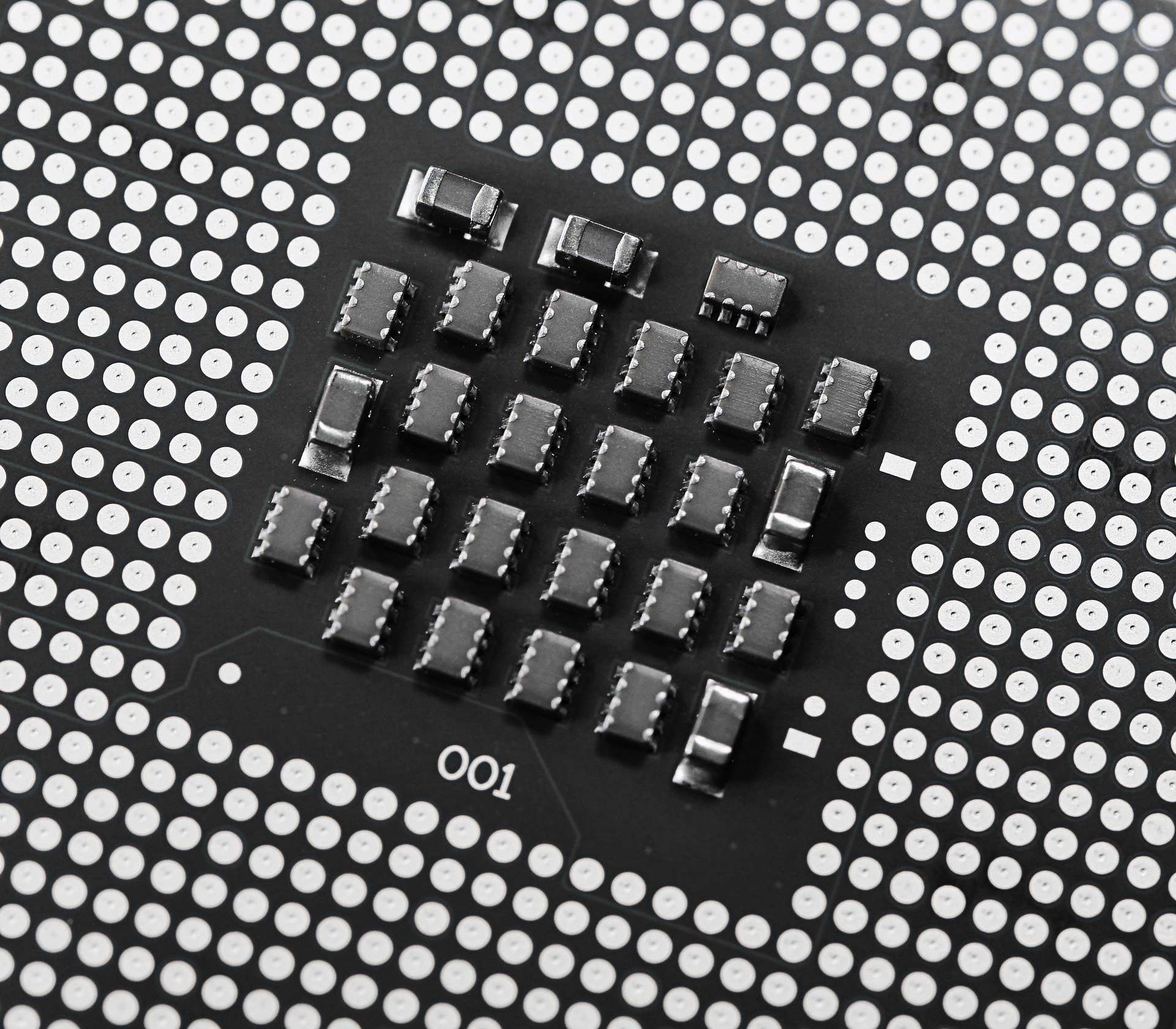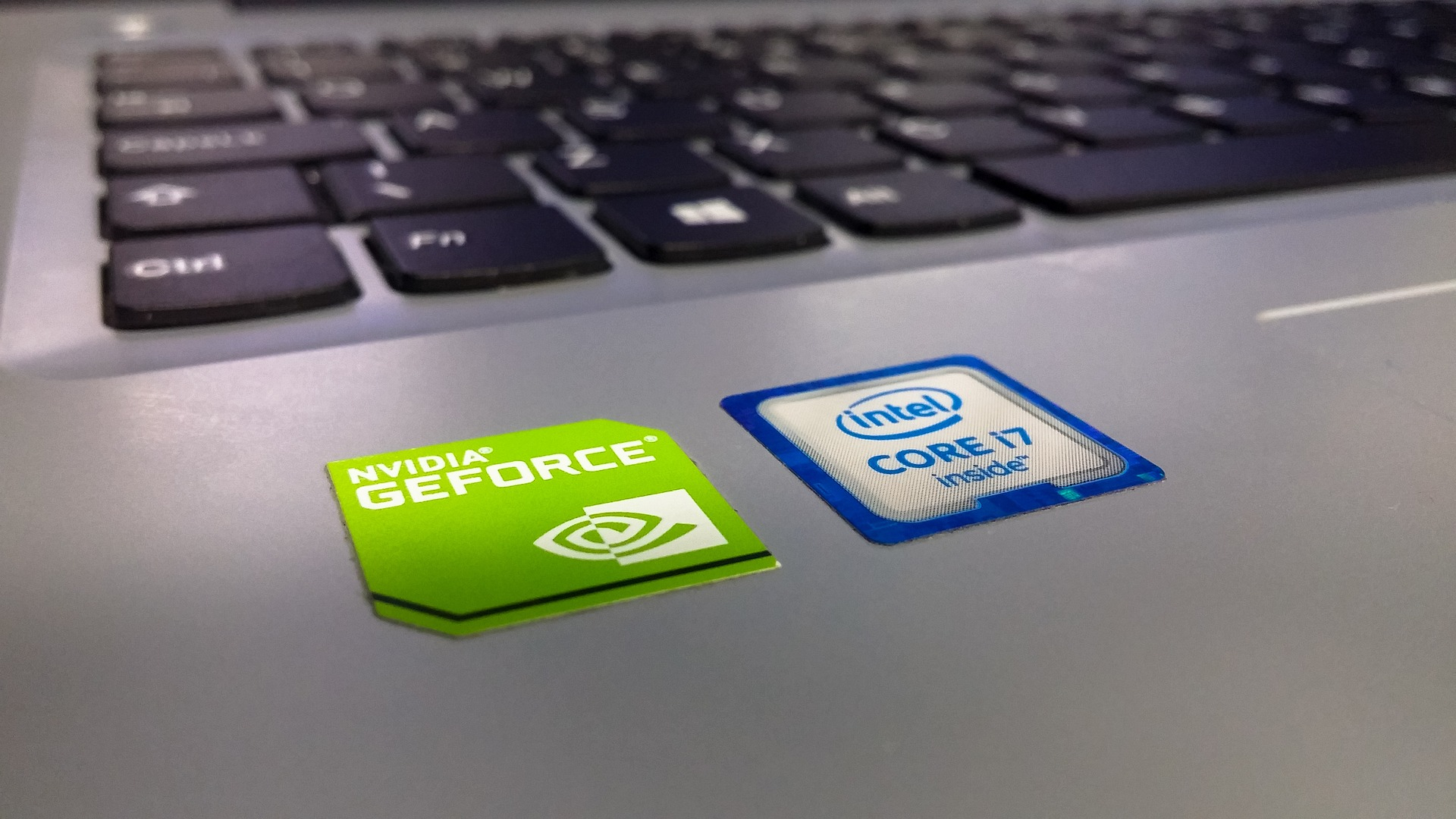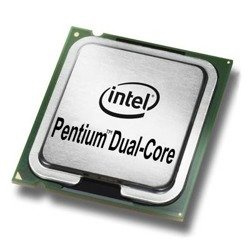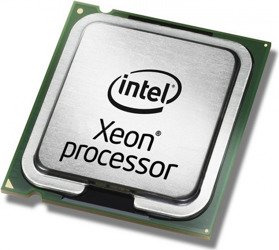Intel in Poland and new processor names
Intel is introducing a groundbreaking change to the naming of its latest processors, the Meteor Lake series. This important update should make it easier for customers to choose the right product.
'i' series processors without the i
At the beginning of May 2023, Intel confirmed a planned CPU rebranding for consumer customers. The next processors in the Intel Core family will be given names that are easier to distinguish. This applies in particular to the mobile Meteor Lake series, which is due to be launched this year.
The new CPUs will be called Intel Core 3, Intel Core 5 and Intel Core 7, while the premium models will be called Ultra: Intel Core Ultra 5, Intel Core Ultra 7 and Intel Core Ultra 9. This will make it easier for customers looking for a new CPU to distinguish the standard versions from the more powerful ones. It also makes the company's product portfolio clearer, especially for less experienced users.
Intel Core Ultra
Intel also emphasizes that the Intel Arc series graphics cards will be compatible with both the new Intel Core and Intel Core Ultra processors. The differences in naming are due to the major changes that have been made to the chips themselves. The new processors feature an innovative AI Engine, which is responsible for supporting artificial intelligence and machine learning applications. In addition, the processors feature new types of cores and tiles that utilize 3D Foveros packaging technology.

With these changes, Intel aims to provide customers with simpler and clearer identification of processors and graphics cards and deliver powerful solutions with advanced AI capabilities and innovative packaging technologies. The rebranding will not be limited to desktop processors, but will also include mobile processors.
Intel in Poland
In addition, Intel, the legendary US high-tech giant and one of the world's leading CPU manufacturers, has announced significant plans for its new plant in Poland near Wrocław. This USD 4.6 billion investment will not only create around 2000 jobs in the factory itself, but will also benefit the entire supply and service chain
Intel, a global leader, has officially confirmed its intention to build a new facility in Poland to meet the growing demand for assembly and test capacity in the coming years. The US-based manufacturer places great emphasis on sustainability and plans to build facilities that meet the highest ecological standards to minimize the factory's environmental impact and carbon footprint. This investment will make Poland more resilient to the global disruptions associated with long semiconductor manufacturing and supply chains.
The initial investment of $4.6 billion is just the beginning, as Intel is considering the possibility of further expansion of the new facility. Design and planning for the facility will begin immediately and construction will commence as soon as the European Commission approves the investment.
Intel's planned investment in Poland, together with the existing manufacturing facility in Leixlip, Ireland, and the planned facility in Magdeburg, Germany, will contribute to a comprehensive and state-of-the-art semiconductor value chain in Europe. It will also stimulate additional investment in the ecosystem and innovation both in Poland and across the European Union

Pat Gelsinger, Chief Executive Officer of Intel, emphasizes that Poland is an ideal location for Intel to work with its subsidiaries in Germany and Ireland. The country is cost competitive compared to other manufacturing locations around the world and has an impressive talent pool that Intel is happy to support for further development.
This investment in Poland will be another important Intel manufacturing facility on the global map and will be the twelfth of its kind. The decision to locate in Poland is based on several factors, including a strong talent base, the presence of Intel's largest R&D center in Gdansk, a friendly business environment and a favorable location in relation to the planned silicon wafer fab in Germany and the existing fab in Ireland. This means that Europe will be more resilient to potential supply chain disruptions such as those experienced in Asia.
No silicon wafers will be produced in Poland, these will be produced in Germany and Ireland. Instead, the role of Intel's Polish facility will be to receive finished semiconductor wafers from the aforementioned European factories, cut them into individual chips and manufacture final products from them, including quality and performance testing. Intel's fully finished processors and other integrated solutions for customers will come from Poland.

